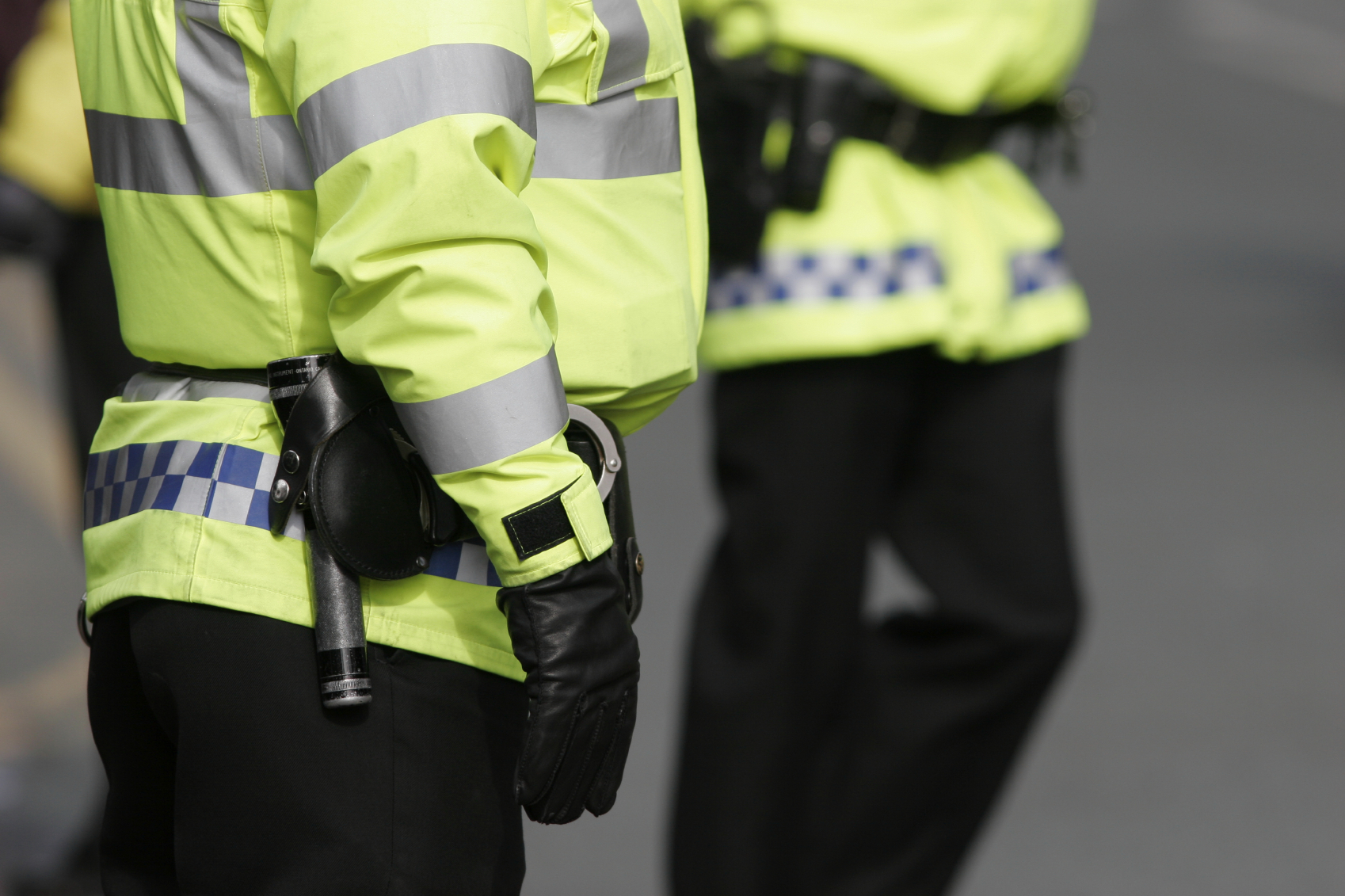College of Policing criticised for inconsistent training
THE College of Policing has been criticised for “inconsistent practice” in the training of new recruits in a report from the Home Affairs Select Committee.
The publication, “The College of Policing: Three Years On”, found “wide ranging, variable and inconsistent practice in terms of the implementation, assessment and accreditation of initial police education across the 43 forces”.
It criticised “unnecessary duplication” of training, using the example of an officer who might be trained in driving a traffic car or response car in one part of the country who has “to start all over again from scratch” on joining another force.
“This is a clear inefficiency” according to the report, which recommended that England and Welsh forces follow the Scottish model, whereby all new recruits receive the same training at Tulliallan.
The report, published this month, said: “The concerns we have heard throughout our inquiry, as well as those raised by the HMIC, lead us to conclude that the Scottish model of one recruitment process, and one training college, for all entry-level police officers has much to recommend it.”
Steve White, Chairman of the Police Federation of England and Wales, said: “It is encouraging to see that this report supports our concerns that I raised with the Home Affairs Select Committee around degree-level entry for new officers. Whilst efforts to professionalise the service indeed have merit, we know forces are not sufficiently representative of the communities they serve and it’s difficult to see how this proposal will help address this.
“We have a hugely talented workforce with a raft of skills and knowledge, all of which can and do benefit the service. It’s important that this skill base is encouraged and empowered to help overcome on-going and developing issues and not overlooked by an overbearing desire to attract new recruits to act as a solution.”
Mr White added: “The public rightly expect the same level of service, with officers trained to the same standards, wherever they are in England and Wales. The College must be the leaders of promoting and enforcing this consistency, helping maintain a police service that is revered across the world.”

